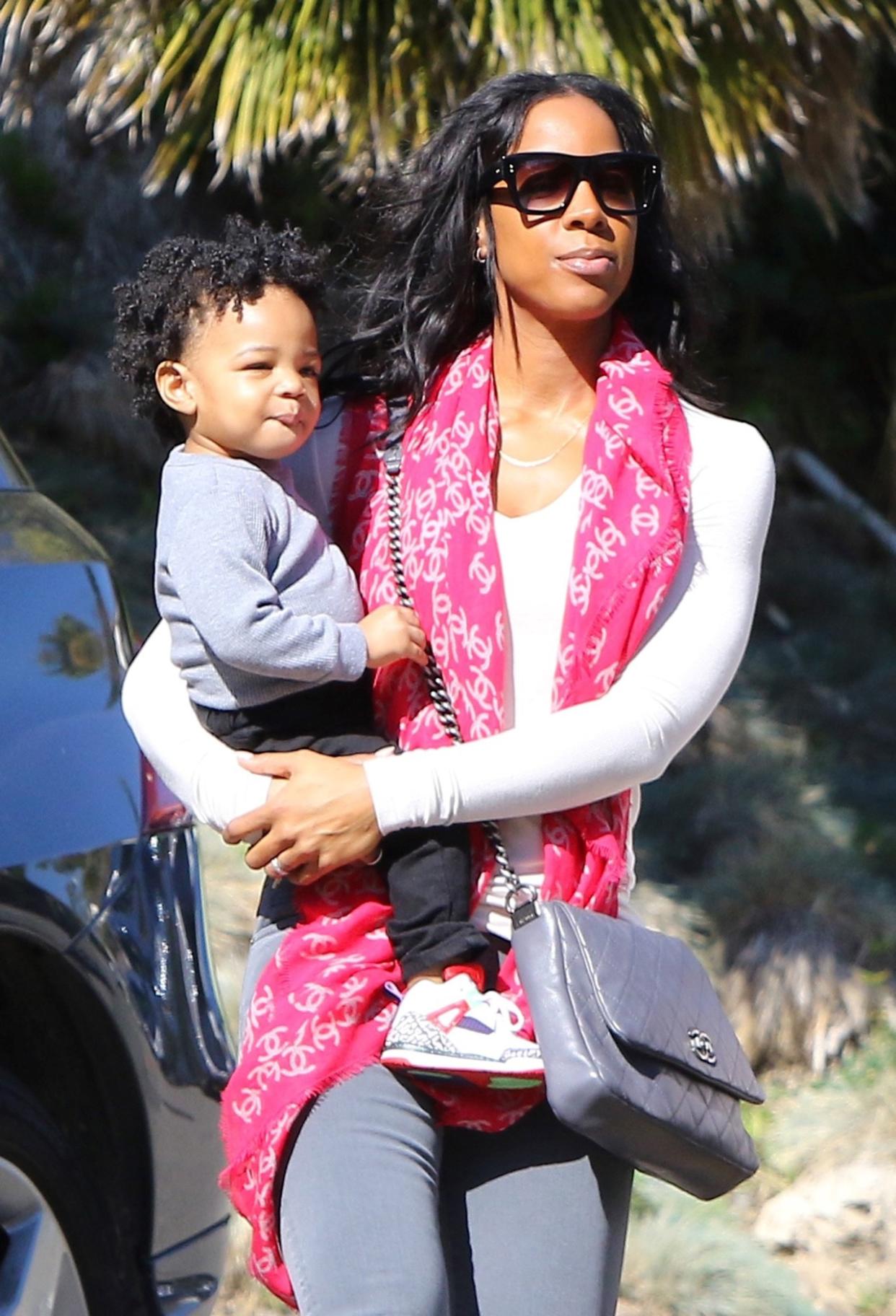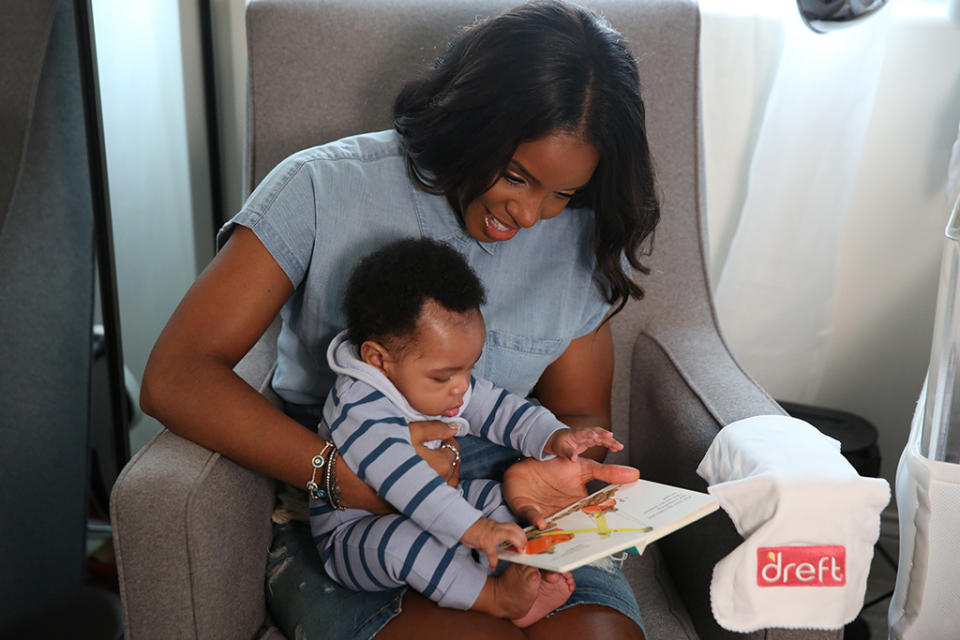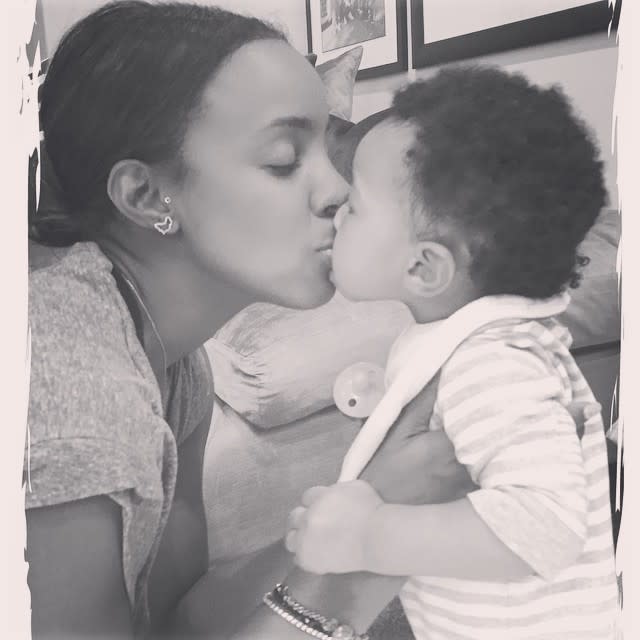The One Word Parents Won't Say to Their Kids

Nope. No way, no how. Kelly Rowland has vowed not to use the word “no” with her toddler son Titan if at all possible because the former Destiny’s Child singer said, “I don’t want him to always hear ‘No.’”
STORY: The One Word Parents Should Never Say When Disciplining Kids
The performer is “trying not to say [it] so much,” she told People on Wednesday, swearing that it’s an easier task than it may seem. “I’ll say no probably one time, and then it’s like, ‘Aw, baby, this isn’t a good idea, let’s try something else. You wanna go over here and play with this?’ It’s a lot of that these days. He’s an explorer.”
STORY: The Five Words I’ll Never Say to My Children Again

(Photo: AP Photo/Invision)
Her 14-month-old, with husband Tim Weatherspoon, is a “very smart kid” she adds, noting that he’s also already understanding some Spanish, thanks to his Argentinian nanny.

(Photo: Instagram/Kelly Rowland)
Rowland is pretty smart too — for minimizing the ‘No’s,’ says Dr. Stephanie Dowd, a clinical psychologist at the Child Mind Institute. “Hearing ‘No’ a lot, a child might internalize the idea that parents think ‘I’m bad’ or ‘not good’ and you don’t want that,” Dowd tells Yahoo Parenting, also cautioning that “You can dilute the power of the word [if you overuse it].”
Saying ‘No’ all the time “can lead a child to think he’s not allowed to do anything,” psychotherapist Amy Morin explains to Yahoo Parenting. “It can be more effective to tell him what he can do.” For example, instead of saying, “No pulling the cat’s tail,“ Morin, author of 13 Things Mentally Strong People Don’t Do, advises that a parent “place a hand over the child’s and pet the cat nicely as you tell him, ‘Gentle touches.’”
Offering two choices can be more effective than saying no as well, Morin adds. “If your child insists he needs to eat a cookie, tell him he can eat an apple or an orange. Offering two healthy choices gives him some control, which is essential to building autonomy and confidence.”
Dowd also emphasizes the importance of immediately following up a ‘No,’ if you use it, with specific behavior that you want your child to do. “You have to tell your child ‘No’ every once in a while, especially if he’s doing something harmful or dangerous,” she says, “but if you just say, ‘No, don’t do that,’ you’re not teaching him. You’re only helping the situation in the moment.” The best use of the ‘N-o’ is as part of a “teachable moment,” Dowd explains. “You say, ‘No, don’t hit your friend — because that hurts him and you have to be gentle with people,’” she says, adding that it’s essential the follow-up instructions point out what the child could do better going forward. “Positive reinforcement,” Dowd declares, “Is the most effective way of teaching kids.”
After all, “a child who hears ‘No’ all the time is likely to grow frustrated about all the things he can’t do,” cautions Morin. “Emphasizing the things he can do and the choices he has can contribute to healthier development.”
(Top photo: AKM-GSI)
Please follow @YahooParenting on Facebook, Twitter, Instagram, and Pinterest. Have an interesting story to share about your family? Email us at YParenting (at) Yahoo.com.


